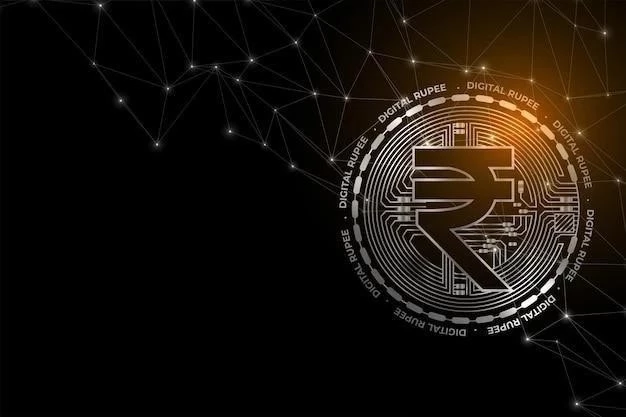**Indias Digital Currency Area: A Possible Strategy Change Creates New Hope**
Digital currency service suppliers are checking out the Indian marketplace once more, powered by recommendations of a possible reconstruction in the country’s digital currency rules. Toncoin (TON) Value Forecast for March 26th
In spite of preliminary strategies to release a session paper on digital currency regulation after its G20 presidency in 2023, India has yet to do so. However, with developing digital currency positions worldwide, consisting of the pro-crypto strategies promoted by numbers like previous US President Trump, India is reassessing its method. Ajay Seth, India’s Economic Matters Secretary, just recently discussed the requirement to “recalibrate” their conversation paper due to these worldwide changes.
A previous strict tax obligation plan, which included a 30% tax obligation on digital currency earnings and a 1% tax obligation subtracted at source (TDS), had prevented numerous organizations and retail investors, triggering a sharp decrease in trading quantities on digital currency systems. Numerous digital currency exchanges and market manufacturers left the Indian marketplace as a result. WazirX, when India’s biggest digital currency exchange, saw its business decrease by 90% after the application of these tax obligations, leading it to transfer some procedures to Dubai.
Currently, with indications of a possible plan change, digital currency business are thinking about a go back to India, according to Bloomberg. Rivals like Binance, Bybit, and KuCoin have actually currently signed up, and Coinbase signed up with India’s Financial Intelligence Unit on March 11, signaling its preparedness to release its retail trading system.
India’s hinted plan modification straightens with an international pattern of nations producing more positive settings for digital currency investors and service suppliers. Current instances consist of the EU, the US, the UAE, Hong Kong, and Australia.
During February, Hong Kong implemented rules dealing with the hazards of digital assets within tokenization including sanctioned funds. They approved exchange-traded funds (ETFs) that put resources into digital forms of money and proposed guidelines for stablecoin guarantors.
To draw in crypto firms, the Dubai Monetary Administrations Authority and Abu Dhabi Worldwide Market (ADGM) have moreover propelled administrative systems. In Walk, the Australian government displayed a four-sided approach to oversee digital resources, covering administration benchmarks, permitting for benefit suppliers, guardianship laws, and stablecoin directions with least capital prerequisites.


